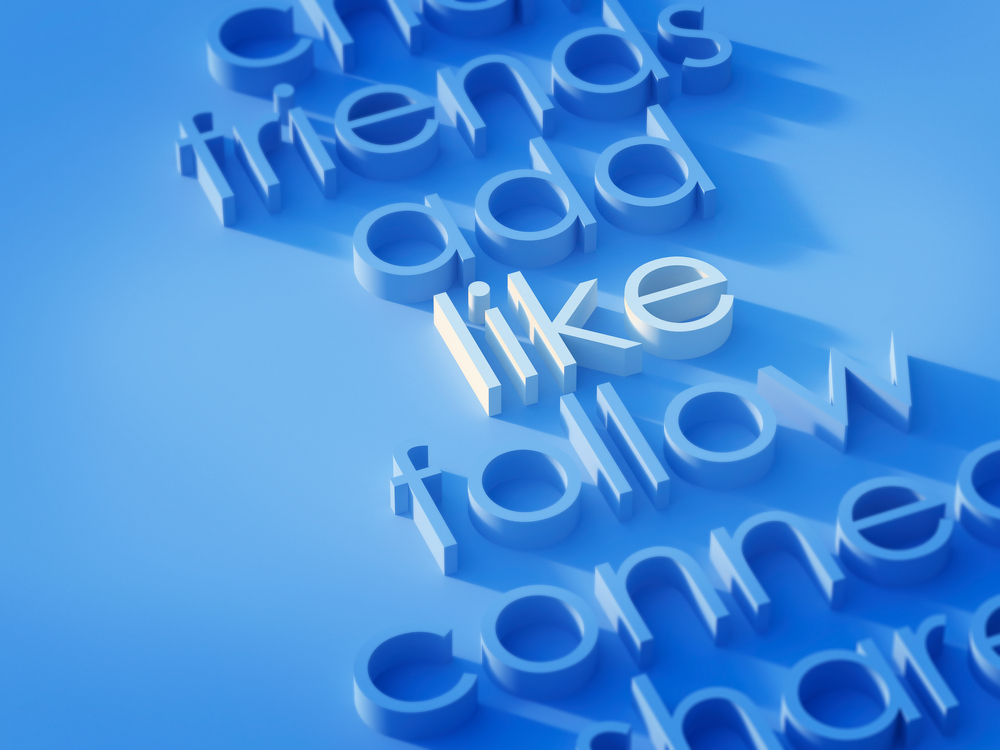Mobile technology was at the forefront of the online conversation in business technology this week, along with negative news about federal cyber security and Microsoft shares.
The tablet market, the new frontier in the mobile battle, got even more competitive this week, with the announcement of the HP TouchPad. HP acquired Palm last April, and the TouchPad is the first device to feature webOS – the operating system originally found on Palm's personal digital assistant devices and later on its smartphones. The 9.7-inch tablet is recognized as a direct attempt at competition with Apple's iPad, which is the same size. According to analysts at CNET and PC Magazine, the TouchPad features the operating system and hardware to go toe-to-toe with the iPad.
HP, however, will soon see how the TouchPad fares against the next generation iPad, which has reportedly entered the production stage. Sources familiar with what has been called the iPad 2 told the Wall Street Journal that Apple's follow up will feature significant updates to the massively successful iPad, which has sold 14.8 million units since its release last April. The new iPad will improve upon the original's memory and processing speed, while boasting at least one front-facing camera for videoconferencing and remaining in the same price range, according to the report.
So far, the rumored “iPad 2” has garnered more attention in the online conversation than the formally announced “TouchPad,” according to Google Realtime results for each.
Meanwhile, a new partnership formed this week could bring an entirely new dynamic to mobile competition. Nokia announced a partnership with Microsoft, which has been looking for a venue to launch its young Windows Phone 7 mobile OS into widespread adoption. Nokia's Symbian operating system has been the global smartphone market for years. Through the agreement, Nokia will replace Symbian with Windows Phone 7 on its smartphones.
The partnership will help both sides, as research released by market analysis firm Canalys late last month found that during the fourth quarter of 2010, Google's Android operating system overtook Nokia's Symbian in the global smartphone market for the first time. Recognizing its steady decline, Nokia CEO Stephen Elop issued a memo two days before its Microsoft announcement, calling Nokia a “burning platform” and stressing the need for widespread changes in order for the company to survive.
Microsoft, meanwhile, was in a similarly desperate situation in the mobile market, as Gartner's research released this week showed the Redmond, Washington-based company's smartphone market share dropped from 8.7 percent in 2009 to 4.2 percent in 2010, despite the introduction of Windows Phone 7 in October.
While the success of such a partnership is still up in the air, today's announcement has already gained significant attention online, according to Google Realtime results for “Nokia Microsoft.”
Not everyone has high hopes for the future of Microsoft, including co-founder Bill Gates. The philanthropist has reportedly sold 90 million Microsoft shares in the past 12 months, cutting his holdings by 13 percent, according to SEC records compiled by InformationWeek. In fact, after reducing his stock ownership by 22 percent during the past two years, Gates now owns just 7 percent of the 8.4 billion outstanding Microsoft shares, according to the report. Some Microsoft officials have attributed Gate's stock activity as a move to diversify the stocks used to fund and support his philanthropic initiatives, for which “cash has to come from somewhere,” InformationWeek reports.
Mobile technology was the resounding theme in the public sector this week as well, with President Barack Obama unveiling his administration's plan to provide at least 98 percent of Americans with 4G high-speed wireless internet, a promise made during last month's State of the Union address. The main objective is 500 MHz “for everything from smartphones to wireless broadband connectivity for laptops … within a decade.” In total, the initiative will devote $10.7 billion to nationwide wireless access.
Some Obama critics, especially those from the Center for Strategic and International Studies, may look for some of this money to go toward security. The agency released a report earlier this week, entitled Cyber Security Two Years Later, that followed up on its similar report on cyber security issued in 2008. Back then, the CSIS called for cyber security improvements from the federal government, detailing the risks facing the country at the time. Two years later, the organization is clearly disappointed in the government's reaction to its 2008 report, declaring “the national dialogue on cyber security has not translated into progress.”
At press time, online searches for “Obama wireless” slightly outnumbered those for “cyber security,” hinting at which topic the public is currently more interested in.
Keep listening to see where these issues take the business tech industry as the online conversation continues to get louder.



